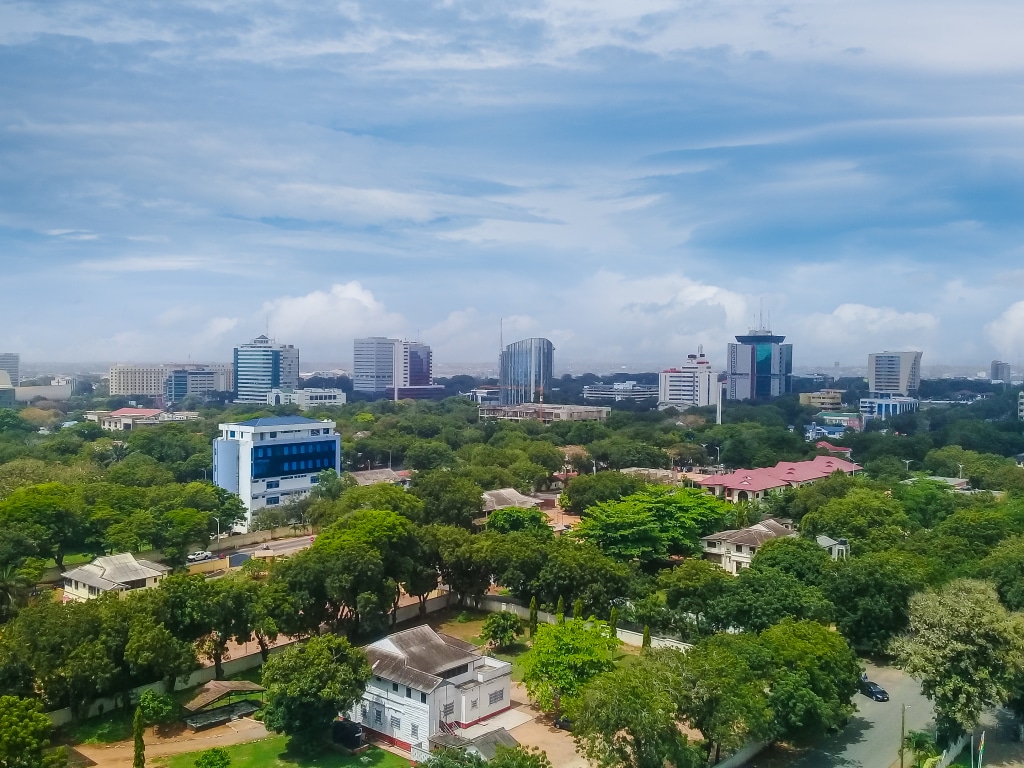Issued on the financial markets, green bonds make it possible to support projects to combat global warming, support the energy transition, etc. Ghana intends to take advantage of this mechanism to accelerate its sustainable development process. This is why the Ghana Securities Commission (SEC) has signed an agreement with the International Finance Corporation (IFC), the World Bank Group’s private sector financing arm.
This partnership aims to develop the green bond market in Ghana. “The introduction of green bonds will give investors the opportunity to finance green buildings, clean transport, renewable energy, sustainable water management and other climate-friendly projects. Green Bonds will support Ghana’s transition to a lower carbon future, as specified in Ghana’s agreed contributions to the Paris Climate Agreement,” says Daniel Ogbarmey Tetteh, the SEC’s Chief Executive Officer.
Read also- SOUTH AFRICA: IFC lends $150m to Absa to finance green projects
The government agency should thus benefit from the IFC’s support in developing a “comprehensive reference guide adapted to the Ghanaian market”. The IFC’s collaboration is part of its Green Bond Programme. Launched in 2010, this initiative aims to catalyse the market and unlock investment for private sector projects that support renewable energy and energy efficiency.
The programme is supported by the Swiss State Secretariat for Economic Affairs (Seco), the Swedish International Development Cooperation Agency (Sida) and the Luxembourg government. According to the IFC, as of June 30th, 2020, its Green Bond Programme has issued $10.387 billion in 172 bonds in 20 currencies. Ghana, which is preparing to enter the green bond market, will join other African countries, including Egypt, South Africa, Nigeria, Namibia and Kenya. These countries are already using this mechanism to increase climate finance.
Jean Marie Takouleu
